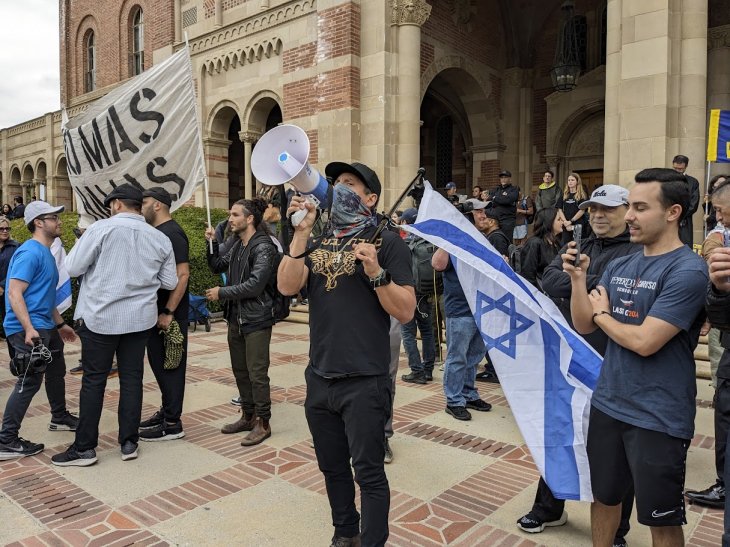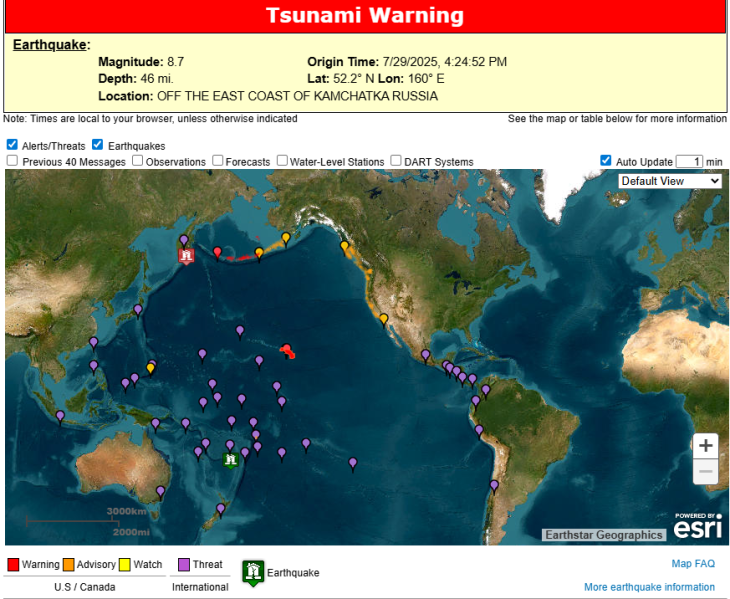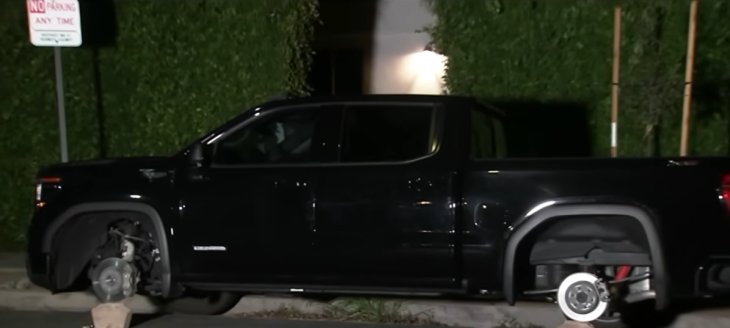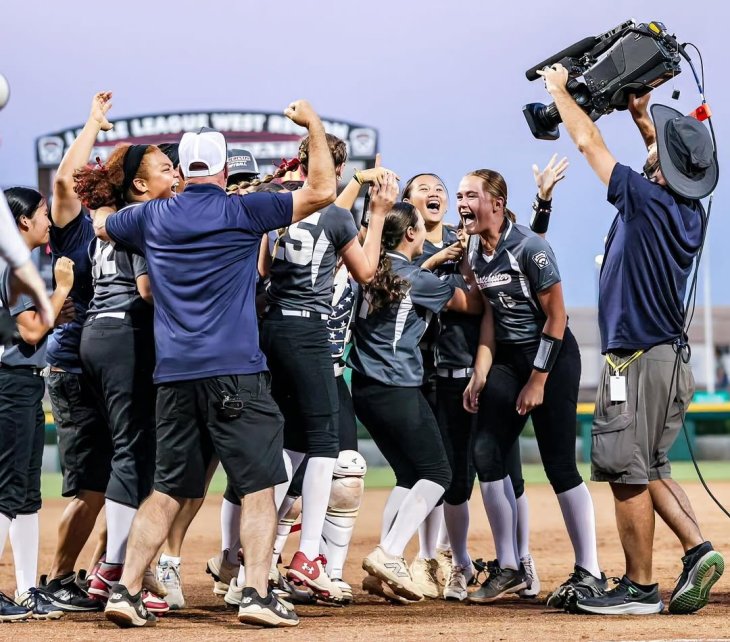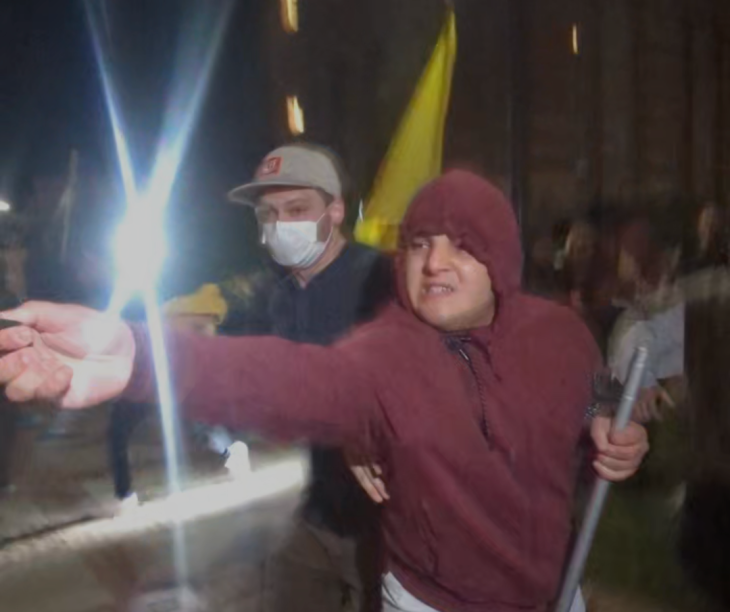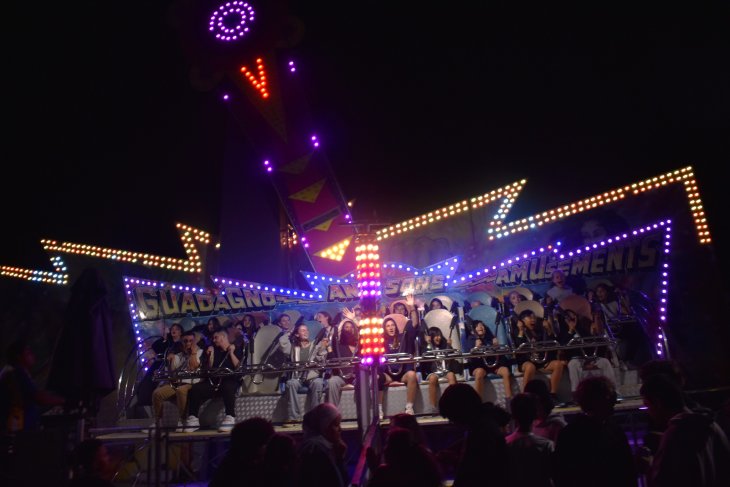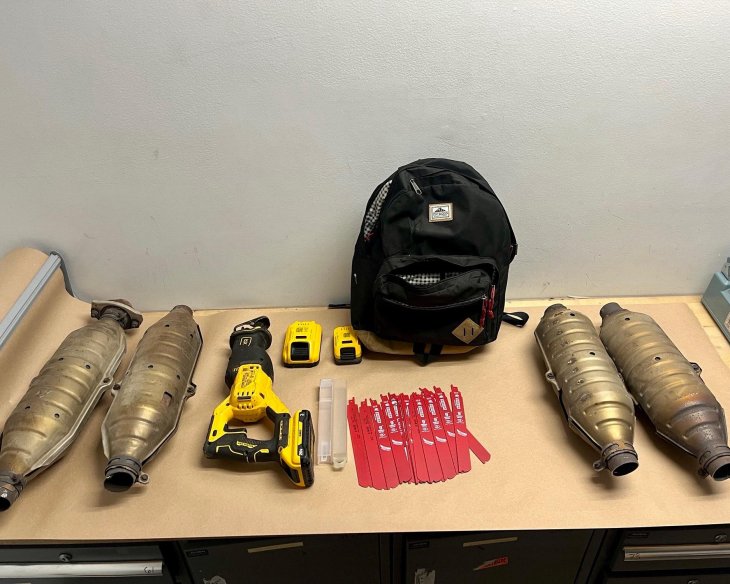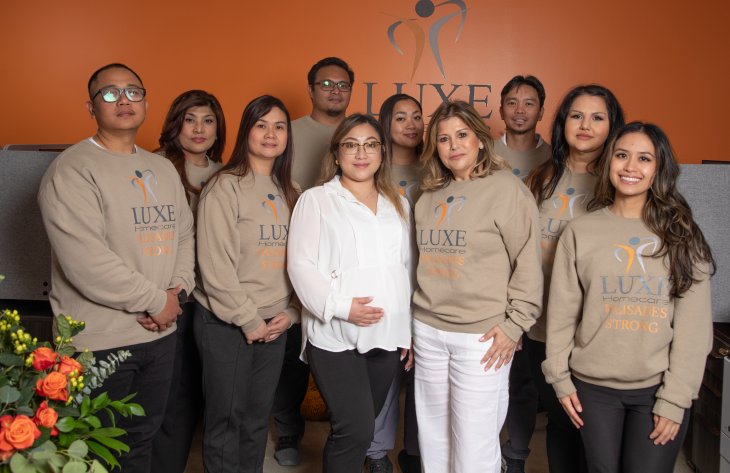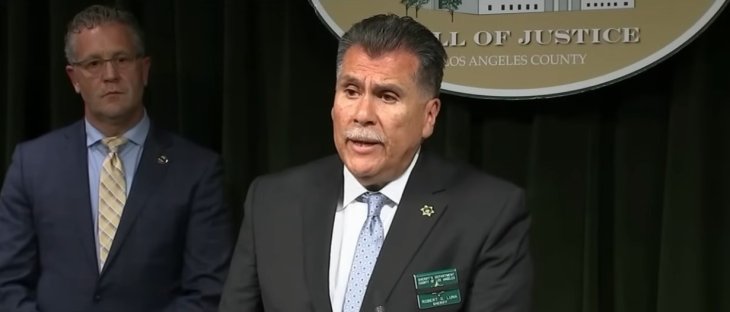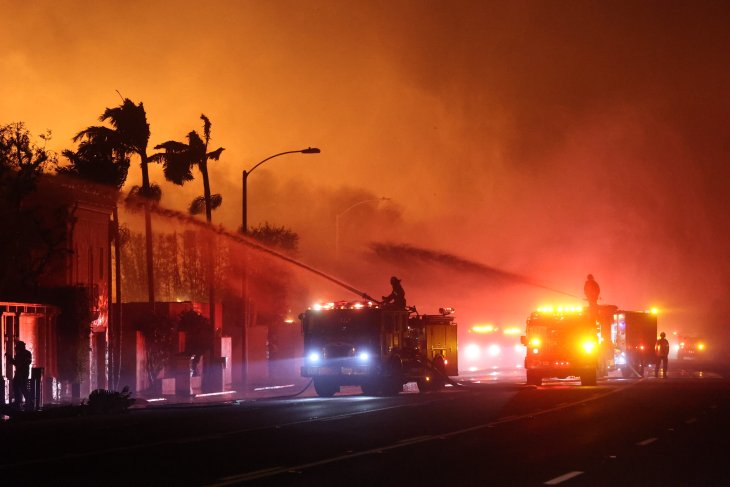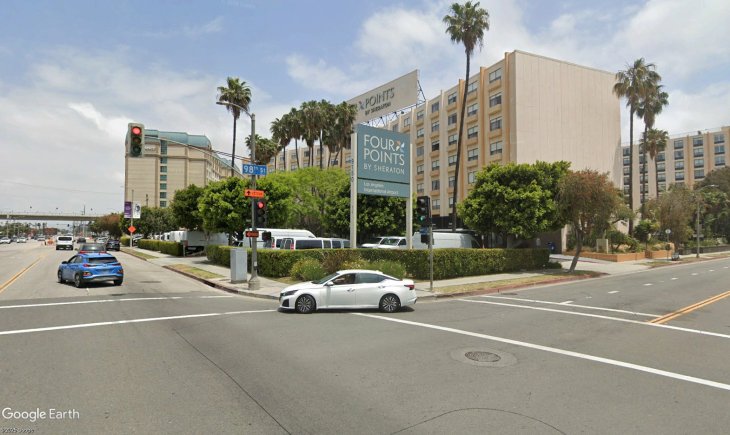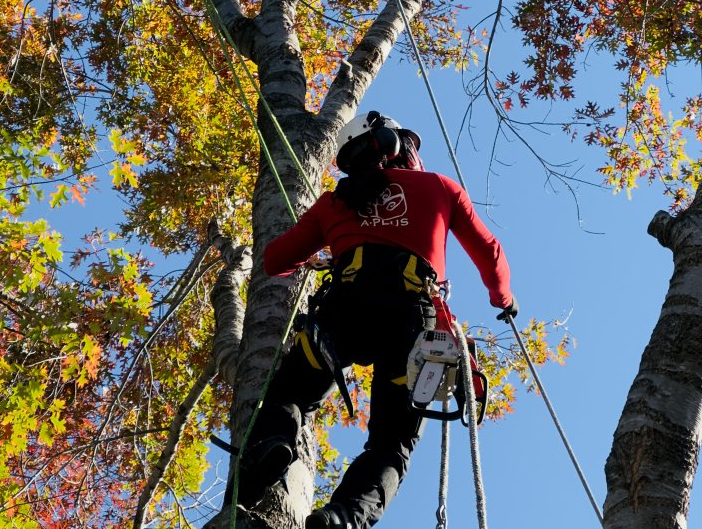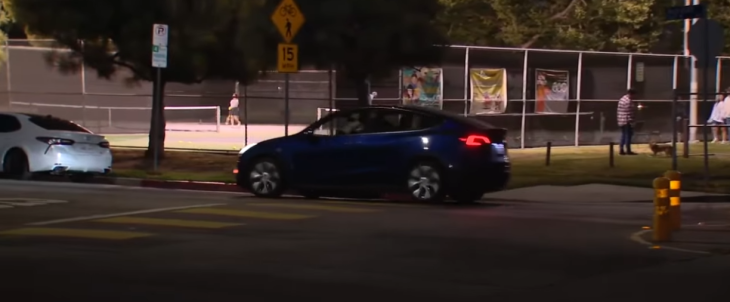
An initiative that would require misdemeanor sentences for certain theft and drug possession crimes has qualified for the November ballot, Secretary of State Debra Bowen announced today.
What supporters have dubbed as The Safe Neighborhoods and Schools Act would require misdemeanor sentences instead of felony sentences for petty theft, receiving stolen property, and forging or writing bad checks when the value or amount involved is $950 or less.
It would also require misdemeanor sentences instead of felony sentences for certain drug possession offenses.
Felony sentences would be allowed for these offenses if the person has a previous conviction for such crimes as rape, murder or child molestation or is a registered sex offender.
Resentencing would be required for people serving felony sentences for these offenses unless the court finds unreasonable public safety risk.
Savings from the measure would be applied to mental health and drug treatment programs, kindergarten through 12th grade education and crime victims.
If approved by voters, the initiative would result in net savings to the state criminal justice system that could reach the low hundreds of millions of dollars annually, according to an analysis prepared by the Legislative Analyst’s Office and Department of Finance.
Valid signatures from 504,760 registered voters — 5 percent of the total votes cast for governor in the 2010 general election — were required to qualify the measure for the November ballot.
The initiative’s proponents are former San Diego Police Department Chief Bill Landsdowne and San Francisco District Attorney George Gascon, a former Los Angeles Police Department assistant chief.
The initiative is at least the third that will appear in the November ballot. One of the others is a wide-ranging measure that includes raising the limit on pain and suffering damages in medical malpractice lawsuits and requiring random drug and alcohol testing of doctors. The other would require the insurance commissioner to approve any increases in health insurance rates.
Also appearing on the November ballot are a measure regarding the state’s rainy day fund; a referendum seeking to overturn two gambling compacts; and an $11.1 billion water bond.

